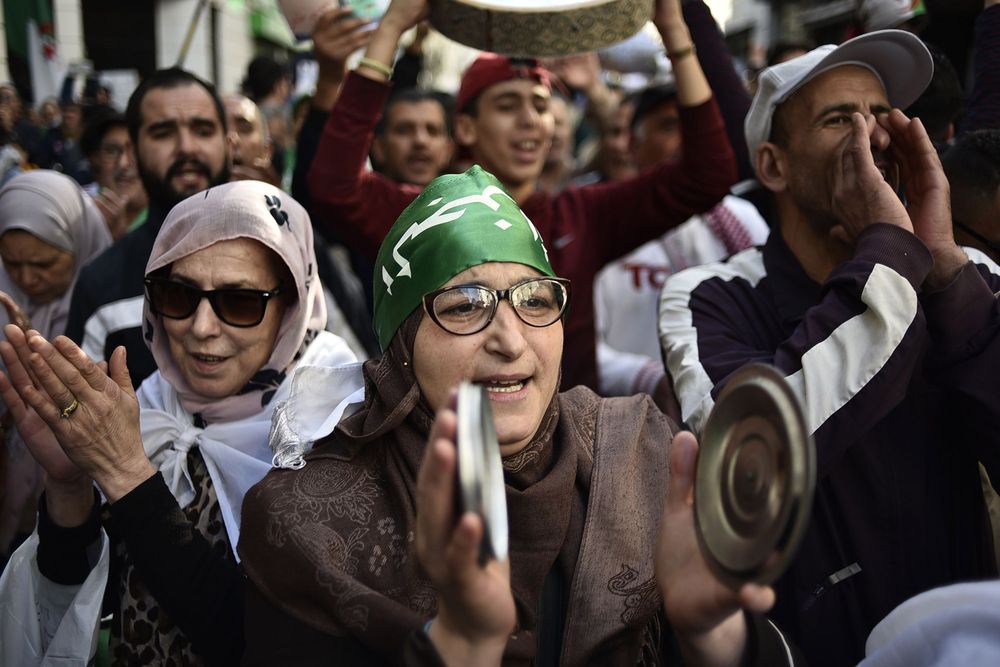There are no products in your shopping cart.
| 0 Items | £0.00 |


ALGERIA has initiated a radical economic recovery programme aimed at stemming the effects of the global economic crisis brought about by the coronavirus pandemic that includes increasing the minimum wage and halving its budgetary projections.
Like Nigeria, Algeria is highly dependent on crude oil exports for government revenue and with global prices collapsing, the country is facing a dire economic crisis. Algeria's 2020 oil receipts are now expected to only total $20.6bn, compared to the $37.4bn previously anticipated.
With no oil revenue coming in, Algeria has had to dip into its $60bn foreign currency reserves, which are now expected to fall to $44.2bn by the end of 2020, below a previous forecast of $51.6bn. In addition, the government has reduced the state budget by half, with President Abdelmadjid Tebboune announcing massive spending cuts.
Despite this huge reduction, the government also agreed to increase the minimum wage from 18,000 dinars ($140) per month to 20,000 dinars, while income tax will be abolished for those earning 30,000 dinars or less. Even before this year’s crisis took hold, Algeria’s foreign exchange reserves had fallen to $62bn at the end of 2019, from a staggering $180bn in 2014.
President Tebboune has, however, ruled out approaching the International Monetary Fund for a bailout, contending that accumulating debt harms national sovereignty when it is owed to foreign institutions. He said he preferred to rely instead on domestic borrowing as means of addressing the current crisis.
On May 10, Algeria's government will be announcing a new finance law, which seeks to frame a response to the coronavirus pandemic. Algeria traditionally has an annual budget of around $70bn.